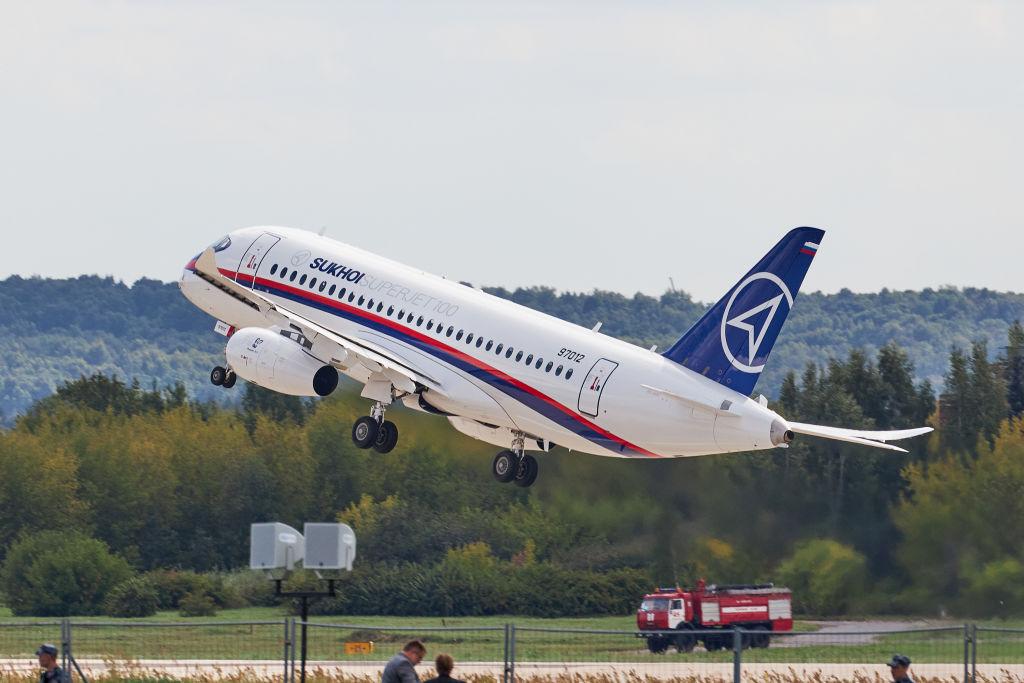
Credit: Oleg Nikishin/Getty Images
FRANKFURT—The European Union Aviation Safety Agency (EASA) has outlined the details of how it is implementing EU sanctions against Russia and decided, among other things, to suspend certificates of airworthiness and put on hold all pending certification applications. The suspension of certificates...
Subscription Required
This content requires a subscription to one of the Aviation Week Intelligence Network (AWIN) bundles.
Schedule a demo today to find out how you can access this content and similar content related to your area of the global aviation industry.
Already an AWIN subscriber? Login
Did you know? Aviation Week has won top honors multiple times in the Jesse H. Neal National Business Journalism Awards, the business-to-business media equivalent of the Pulitzer Prizes.

